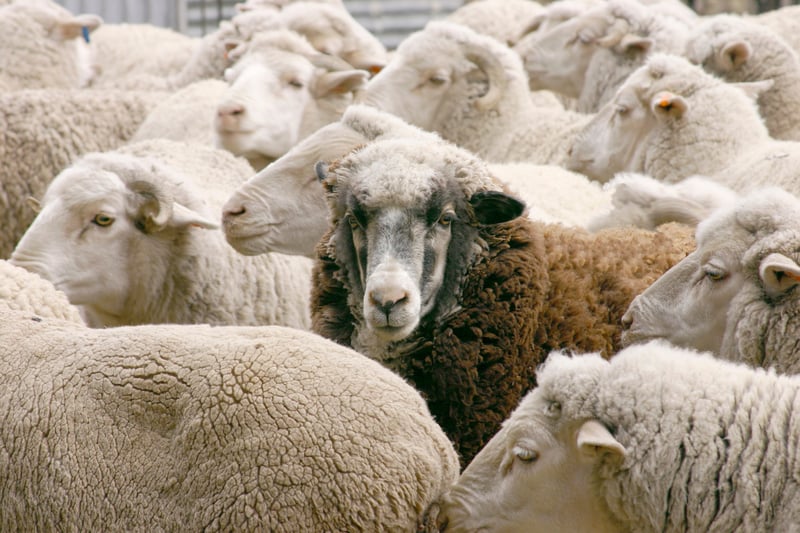
Delayed live export ship means further distress for suffering sheep and cattle
News
Continuing delays for 13,000 animals on board a live export ship in Perth are a grim reminder early in 2016 that live export is inherently cruel.
An engine malfunction on the ship left live sheep and cattle stranded and waiting in distressing conditions for a week.
Updates today reveal that repairs will take even longer than first expected. Initial estimates of a few days turned into 9-10 days, still with plans to keep the animals on board, but now even this is uncertain as previously undetected issues with the engine means that repairs will take place outside of Australia.
We are seriously concerned about the animals’ welfare.
World Animal Protection has put a call into the Department of Agriculture to find out how the animals will be cared for during any contingency plan
Head of campaigns, Nicola Beynon, has said, “While industry may claim than animal welfare is not compromised by the situation, long distance transport for live animals always compromises animal welfare and delays like this naturally compound the risks.”
The compromise to animal welfare is evidenced by a mortality rate for sheep on board live export vessels which is four times the mortality rate for sheep on farms. Similarly, cattle on live export ships experience twice the mortality rate of cattle in feedlots.
It only stands to reason that as the time on board for the animals lengthens, the greater the risk to their welfare.
In 2013, almost 1.9 million live sheep were exported from Australia by sea and more than 14,000 died during the voyage. In the same year, 830 cattle died during transportation out of a total of 776,000 exported.
While live export continues, millions of sheep and cattle continue to suffer in unbearable conditions.
The compromise to animal welfare is evidenced by a mortality rate for sheep on board live export vessels which is four times the mortality rate for sheep on farms.